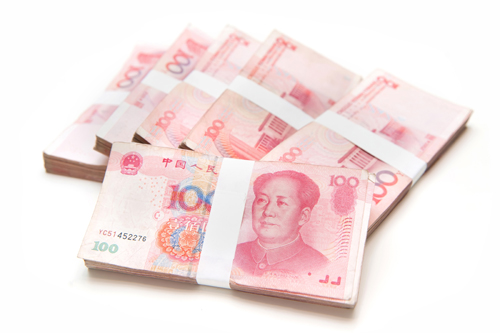
Corruption exists in all societies, not least in the financial markets of the West. In China, patronage systems and collectivism have inevitably encouraged corruption in one form or another, which has flourished according to the relative strength or weakness of the rule of law.
However, some Western businesses (including those from the UK) have worked out that ethical problems in doing business in China or perceptions of such are often traceable to misunderstandings and lack of cultural awareness. A careful study of Chinese culture should precede all business forays into China.
A lie is not always frowned upon in Chinese culture. The Chinese will accept a ‘white lie’, especially when respect or face is involved. This concept can be a little difficult for Westerners to understand but they shouldn’t be too ready to criticise.
Often a white lie is used to either avoid embarrassing or damaging someone, saying something that they think will disrespect you, or saying something they think will undermine your authority.
It’s best not become aggressive because of this, but rather to be grateful for this form of respect. The most successful foreign companies in China have practised solving these kinds of problem with discretion and diplomacy.
The concept of ‘guanxi’ (connections, network) and the obligations it carries are a major feature of the Chinese business world, but personal friendship can be stronger than guanxi.
Sometimes various obligations will collide, and a Chinese person will spend considerable time working out a solution that gives respect to all parties, often avoiding the literal truth in the process.
Shades of grey
When doing high-level business in China a smart business person should learn to recognise such shades of grey and develop strategies accordingly, as Chinese people are inherently skilled at seeking out the solution to the problem.
Although legal protection has generally been weak, one of the most effective anti-corruption factors for private sector firms in China is the sharing of prospective high profits.
This prospect aligns the interests of government officials with those of entrepreneurs and investors, thereby ensuring that all parties fulfill their roles and protect the firm’s reputation to make the enterprise successful.
Generally speaking, Asian executives rate corruption well below inflation and inadequate infrastructure or labour regulations as an obstacle to doing business. In part this is because Western law has not been central to Asian experience except in cities like Hong Kong and Singapore that were under colonial rule for a long time.
China, by contrast is said not to have rule of law but rule by law. A successful entrepreneur or a government official will command a large project to be done and it will be done. His power may be theoretically limited by the need for permits, but he will order his lawyers to find a law that allows what he wants, or he will even get a new law passed.
Anyone who wants to do business in China should be aware of the variety of legal systems in operation, and of their relative strengths and weaknesses.
In such a huge economy, people are always wary of new, unknown customers. Building trust and an inclusive relationship will involve time and often some financial investment as well.
When mutual trust deepens, so also can a sense of mutual openness and fairness. But for every barrel of apples there are usually a couple of bad ones so if a foreign company encounters consistent problems with ethics, it should change companies or partners.
Act carefully and sensibily
Acting carefully and sensibly in the Chinese market (s) pays dividends. Designs should be registered in China and the source company should be informed that this has been done.
Sensible contracts should be designed that carefully protect intellectual property. The parameters of a copy in the contract should be specified to avoid later arguments and litigation.
Often dishonest players will be flushed out when asked to sign a contract, even if the contract is merely a negotiating ploy on the route to a long-term relationship.
Whether hiring staff, investing in a joint venture or appointing a local distributor, carrying out due diligence is indispensable when launching a business in and with China for the first time.
The key objective of due diligence is to verify the trustworthiness of partners and employees before proceeding with any significant investment.
Nowadays there are numerous legal and risk assessment specialists with offices in China that provide business intelligence, background checks and risk assessment consultancy.
However, no amount of due diligence will protect a foreign investor from a collapse in business relations. It is vital that any market entry with Chinese partners at home and abroad is based on trust above all. Every effort must be made to ensure that a strategic partner is trusted.













